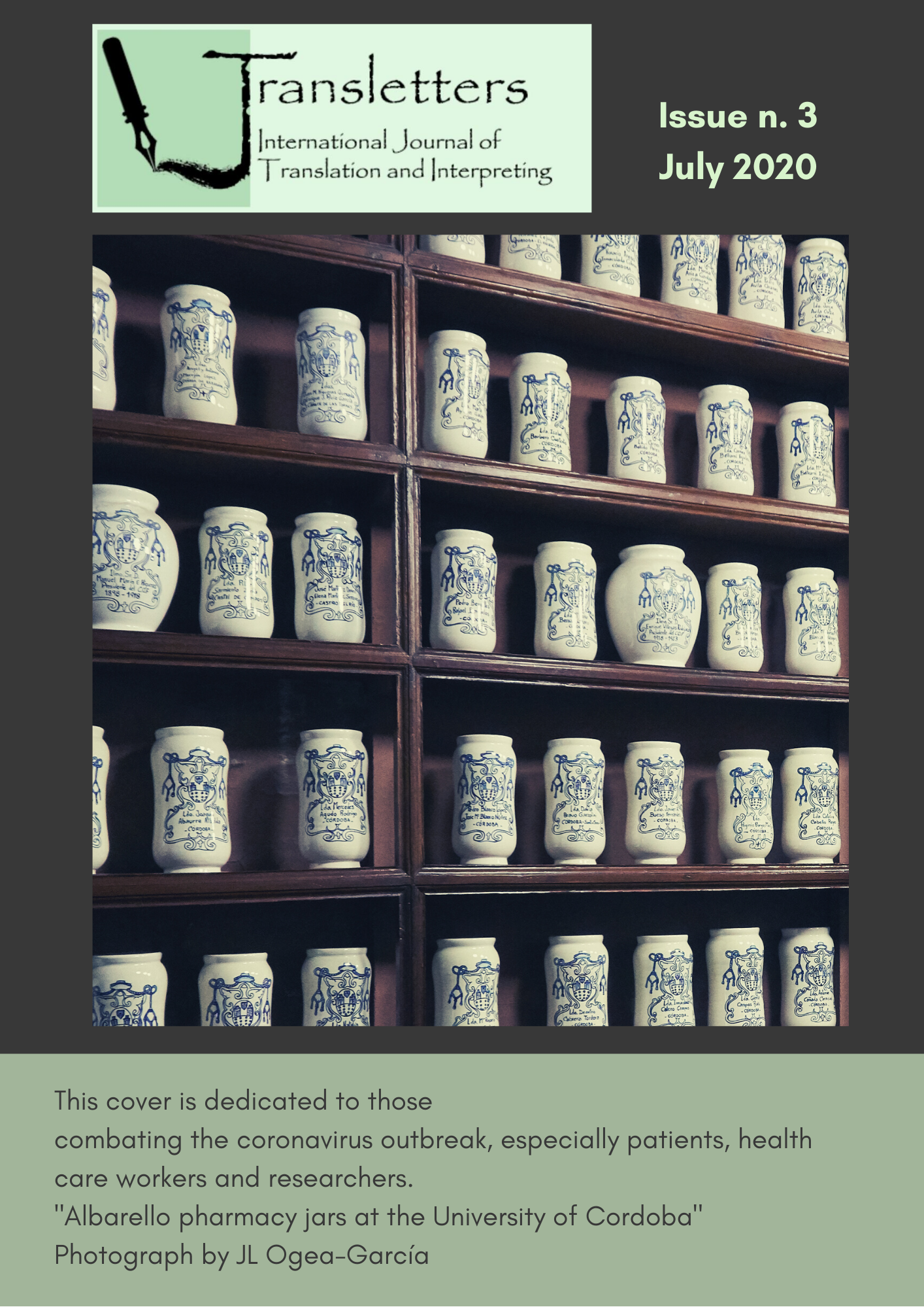Nahdah Translators and the Politics of Modernization in Colonial Egypt: A Paratextual Analysis of Darwinism as a Reform Project
Contenido principal del artículo
Resumen
This paper examines the modern Nahdah translation movement in Egypt, the end of the 19th century and turn of the 20th century, a period characterized by conflicting ideologies and reform projects. The paper examines western ideologies, imported via translation, as modernization projects. It presents a case study of Salama Moussa, a radical Nahdah intellectual, by focusing on his agenda for reform in the age of decolonization. The paper critically analyzes paratextual elements of Moussa’s Nazariyyat al-tatawwur wa-asl al-insan (Theory of Evolution and the Origin of Man) published in 1928 as a case of ‘concealed translation’. Situating the text in context reveals the alignment of the translation with norms of the translation policy in a given socio-historical moment.
Descargas
Detalles del artículo
Política propuesta para las revistas que ofrecen acceso abierto
Los/as autores/as que publican en esta revista aceptan las siguientes condiciones:
1. Los/as autores/as conservan los derechos de autor y conceden a la revista el derecho de primera publicación con el trabajo licenciado simultáneamente bajo una Licencia de Atribución de Creative Commons, la cual permite a otras personas compartir el trabajo con un reconocimiento de la autoría del trabajo y la publicación inicial en esta revista.
2. Los/as autores/as pueden establecer acuerdos contractuales adicionales para la distribución no exclusiva de la versión publicada del trabajo en la revista (por ejemplo, enviarlo a un repositorio institucional), con un reconocimiento de su publicación inicial en esta revista.
3. Se permite y anima a los/as autores/as a publicar su trabajo previo a la versión final publicada en esta revista una vez aceptado (por ejemplo, en repositorios institucionales o en su sitio web), ya que puede dar lugar a intercambios productivos, así como a una citación más temprana y mayor del trabajo publicado (Véase El efecto del acceso abierto).

